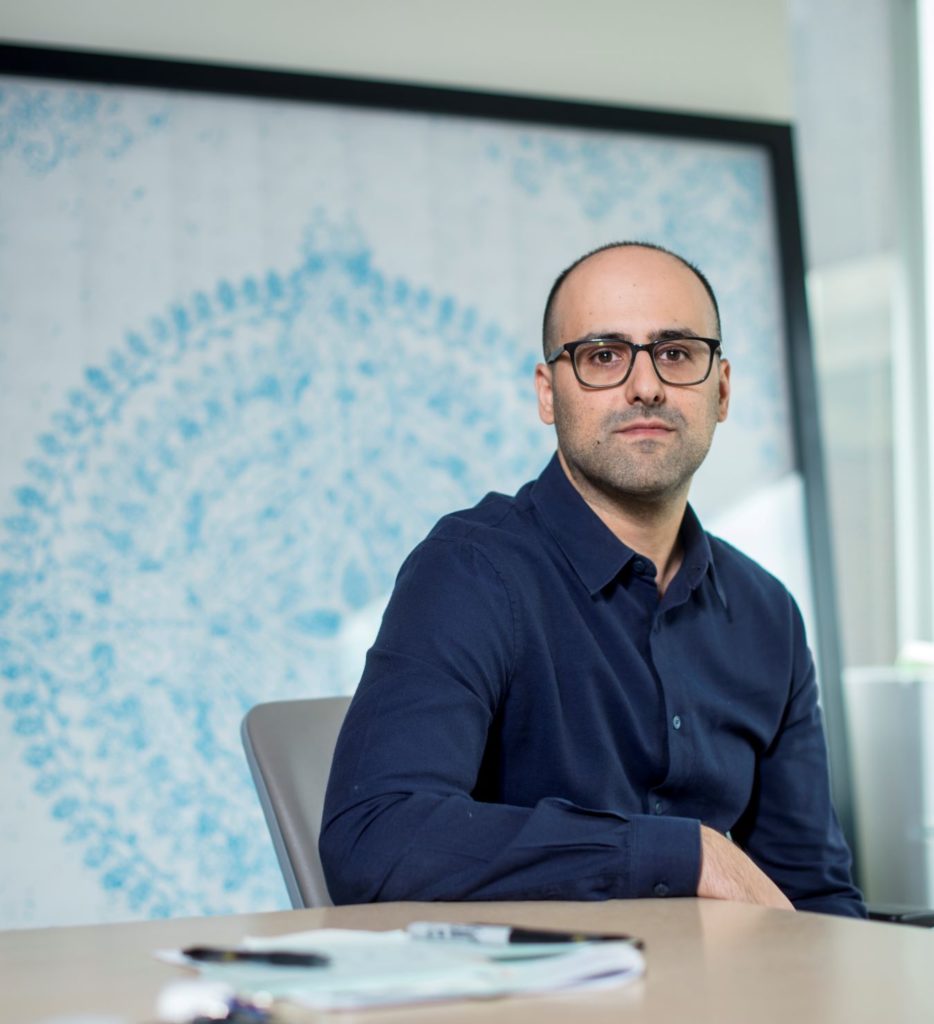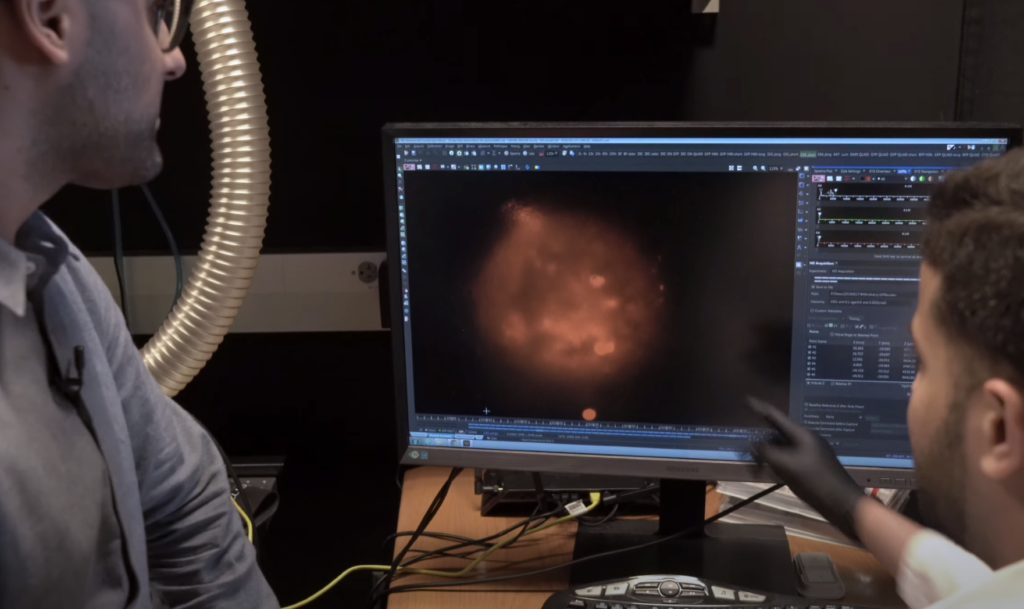Tal Danino, PhD ‹ Back To 2020 Winners
2020 Winners
Assistant Professor
Biomedical Engineering
Columbia University
Vision
Immunotherapy is poised to overcome several current limitations for successful interventions against treatment-resistant and metastasized cancers. Dr. William Coley, considered one of the pioneers of early immunotherapy, discovered more than a century ago that bacteria can induce tumor regression and long-term disease remission by stimulation of the immune system. Recently, microbiome studies have demonstrated the prevalence of bacteria within tumor tissue, and a multitude of empirical studies have shown that administered bacteria home and selectively grow in tumors due to reduced immune surveillance of tumor cores. Inspired by these observations, and utilizing synthetic biology and bioengineering approaches, our vision is to engineer probiotic bacteria as safe and effective cancer therapies.
Tal Danino, PhD is an Associate Professor in the Department of Biomedical Engineering at Columbia University. His lab focuses on engineering bacteria as a cancer therapy. Originally from Los Angeles, Dr. Danino received a PhD in Bioengineering from UCSD in Jeff Hasty’s lab, and was a postdoctoral fellow at the Koch Institute for Integrative Cancer Research with Sangeeta Bhatia. He is the recipient of awards including the NSF CAREER Award, DoD Era of Hope Scholar Award, TED Fellow, and NIH Pathway to Independence Award. He directs the Synthetic Biological Systems Laboratory and is a member of the Herbert Irving Comprehensive Cancer Center and Data Science Institute. Dr. Danino also brings his research outside the laboratory by making artworks with bacteria and cancer cells to advocate for science youth education and cancer awareness.
Engineering probiotic bacteria for the local delivery of lung cancer therapeutics

Synthetic biology is driving a new era of medicine through the genetic programming of living cells. This transformative approach allows for the creation of engineered systems that intelligently sense and respond to diverse environments, ultimately adding specificity and efficacy that extends beyond the capabilities of molecular-based therapeutics. Due to recent microbiome studies indicating the prevalence of bacteria within the human body and specifically in tumor tissue, bacteria have generated significant interest as cancer therapies. Additionally, a multitude of empirical studies have demonstrated that administered bacteria home and selectively grow in tumors due to reduced immune surveillance of tumor cores. Given their presence and selectivity for tumors, bacteria present a unique opportunity to be engineered as smart delivery vehicles for cancer therapy.
“The Prize will enable us to develop probiotic therapies that have the potential to improve current immunotherapeutic delivery approaches for cancer. The support from the foundation gives us the freedom to pursue this high-risk, interdisciplinary endeavor by accelerating near term translational studies that can lead to better long term patient outcomes.”

The main objective of our research is to engineer probiotic bacteria to target tumors and controllably deliver cancer therapeutics from within, acting as a microbial ‘Trojan horse’. Since bacteria can selectively colonize solid tumors, they can locally release high concentrations of chemo- and immunotherapeutic payloads, reducing toxicities and immune related adverse effects with systemic delivery and other approaches. The goals of our work will be to engineer a range of bacterial candidates, probe and exploit their interaction with the immune system in tumors, and narrow promising candidates for further development.
“Innovation is the pursuit of new ideas that have a direct impact on society. This persistence is critical to cancer research and we believe requires a collaborative, interdisciplinary, and creative approach. The high-risk-high-reward method of engineering bacteria for cancer therapy has several advantages over current approaches for drug delivery, and will hopefully allow a future where patients experience fuller, longer lives.”